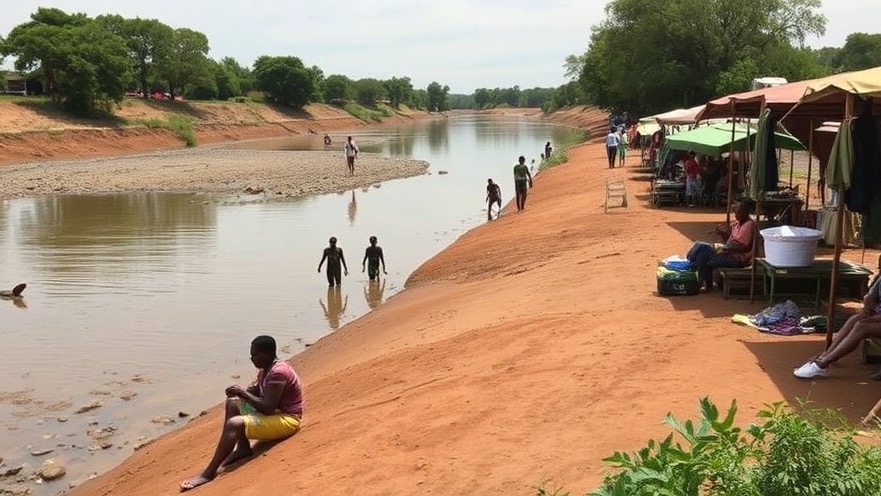Where Time Slows: Markets, Rivers, and the Quiet Pulse of African Travel

Some places ask for your checklist. Others ask for your full attention.
In Africa, it’s often not the grand attractions that stay with you—it’s the moments in between. The long pause in a canoe. The low hum of voices bargaining over mangoes. The smoke from a street grill curling into evening. It’s here, in these slower rhythms, that something real breaks through.
Spend a morning on the banks of the Niger River in Mali, where boats are carved by hand and music carries over water like memory. Watch fishermen haul nets while barefoot boys leap into the shallows. There’s no rush here. The river decides the schedule, and all you can do is drift with it.
Or walk through a market in Zanzibar, where nothing is arranged for tourists. The air is thick with cloves, fried cassava, and the quiet hum of commerce. You’ll get jostled. You’ll get lost. You’ll likely overpay for passionfruit. But you’ll also find stories in every stall—from the old women pounding spice blends to the boys selling carved combs with sly grins.
In southern Malawi, villages hug the shores of Lake Malawi like secrets. Kids call out greetings as you pass, and mango trees provide both shade and snacks. You might be invited in for tea or just to sit—a gesture as generous as it is untranslatable. You’ll forget where you were headed. That’s part of the gift.
Even in cities like Kigali, Rwanda, or Maputo, Mozambique, slowing down reveals layers. Kigali’s clean streets mask a complex, deeply resilient spirit. In Maputo, old Portuguese villas crumble beside art collectives and jazz bars, all soaked in the heat of the Indian Ocean.
The point is: Africa doesn’t need to dazzle to leave a mark. Often, it’s when you stop trying to “see everything” that you finally start seeing.
This isn’t a call to romanticize poverty or glorify minimalism. It’s an invitation to pay attention—to let silence stretch, to listen instead of label, to travel not just across distance but across pace.
Because sometimes, the richest part of the journey is not what you chase—but what you sit still long enough to notice.
 Add Row
Add Row  Add
Add 




Write A Comment